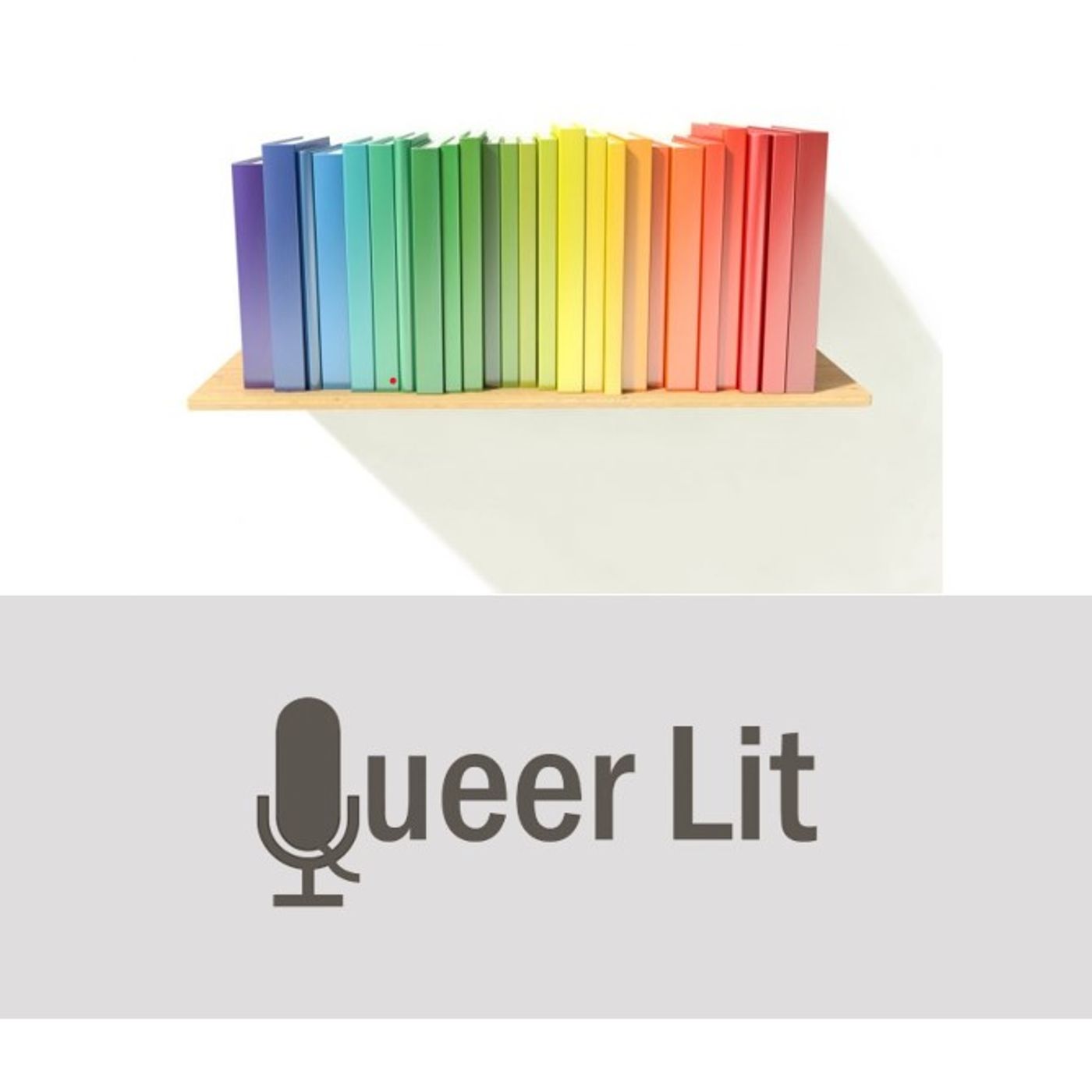“Trans Future Fiction” with Kit Schuster
Description
How can we imagine a trans future? Kit Schuster joins me to talk about how transgression in fiction can help us think new futures. We speak about trans, nonbinary and gendernonconforming characters, norms and settings in science fiction, but Kit also stresses that their definition of trans is not limited to gender. Instead, Kit invites us to have our queer minds blown in all kinds of ways by future fictions but also by Gothic and horror texts. Apologies for the audio quality! Sometimes, a podcaster needs to improvise…
If you enjoyed this episode, why not follow @officialkitschuster and @queerlitpodcast on Instagram, where you can also learn more about all the great stuff Freiburg University is doing: @engsemfreiburg and @fs.anglistik.freiburg.
References:
“From Gothic Heroines to Monstrous Prom Queens: Gender Horror in Dracula and Jennifer’s Body,” Rethinking Gothic Transgressions of Gender and Sexuality New Directions in Gothic Studies. ed. Sarah Faber and Kerstin-Anja Münderlein. Routledge, 2024.
Queer Second Cities
https://queersecondcities.wordpress.com/
Queer Perseverance
https://www.anglistik.uni-freiburg.de/events/topicweeks
Jennifer’s Body
Dracula
Rivers Solomon’s An Unkindness of Ghosts
Afrofuturism
Generationship
Posthumanism
Frankenstein
Susan Stryker
Torey Peters’ Detransition, Baby!
Cael Keegan
Julian K. Jarboe’s Everyone on the Moon is Essential Personnel and “I AM A BEAUTIFUL BUG!”
The Murderbot Diaries
Amal El-Mohtar’s How To Lose The Time War
“One-Sided Relationships with Elaine Auyoung” How to Read Podcast
Homo Sapiens
Chappel Roan’s The Rise and Fall of a Midwest Princess and “Red Wine Supernova”
Questions you should be able to respond to after listening:
What is Kit’s definition of ‘trans’? Can you think of a different one or do you have your own? What does Kit think we can learn from trans future fictions? Do you agree? When talking about the future, Kit says that “the past and the future are the same country”. What do you think they mean here? What does Kit say about the collaborative nature of knowledge production in academia? Who inspires you to come up with new ideas? Have you read a text that you think could qualify as trans future fiction?
More Episodes
Have you thought to yourself recently: How come trans literature is having such a moment right now? Then this episode is for you. Sabine Sharp, editor of The Routledge Handbook of Trans Literature (2024), is joining me for a chat about the significance of trans literature today, as well as its...
Published 11/26/24
Published 11/26/24
How does your embodiment affect your perception and thus your writing? This is one of many questions Amber Jamilla Musser tackles in her most recent monograph, which builds on her brilliant work in Black feminism and queer femininity. Amber tells us how sensation and individual experience need to...
Published 11/12/24


